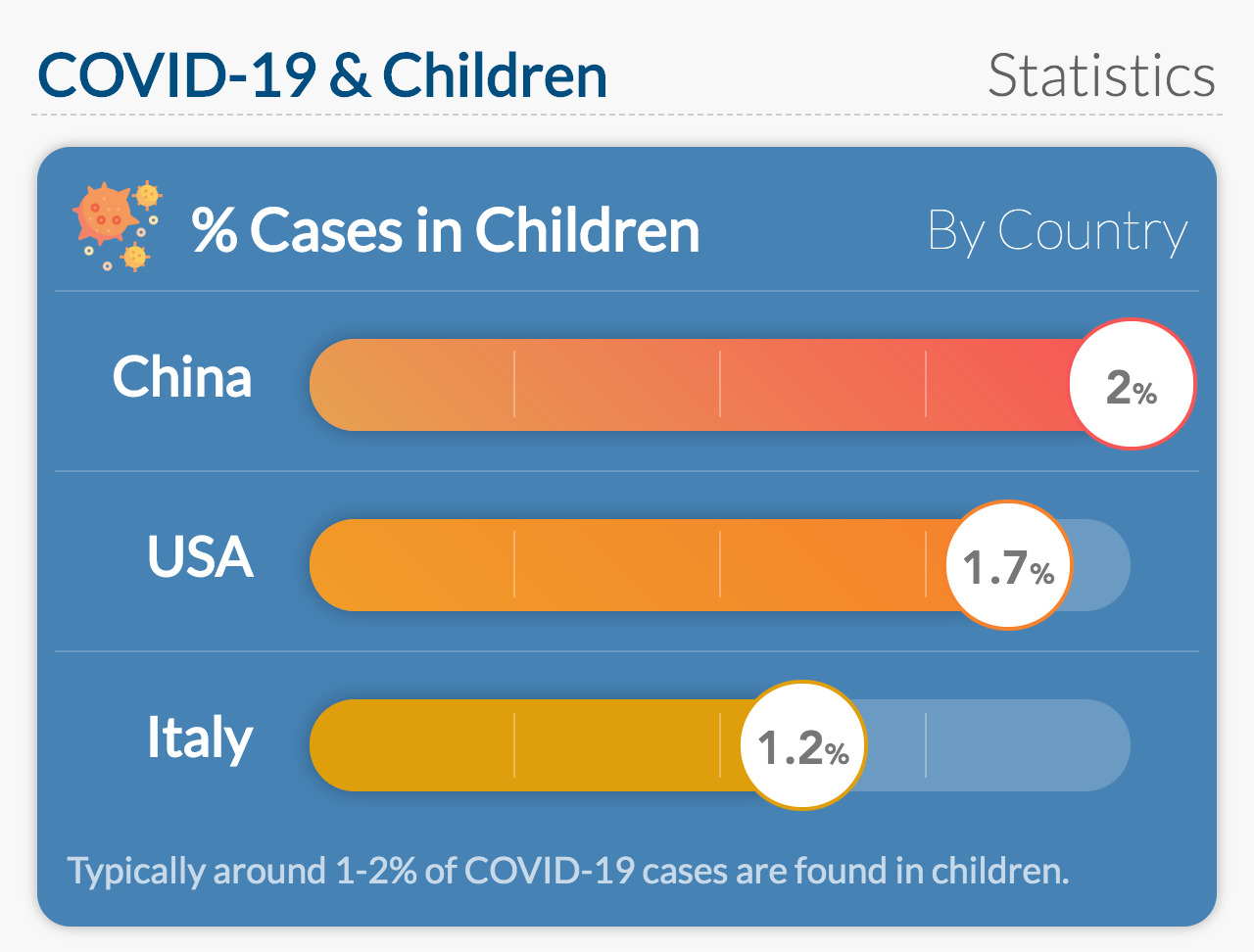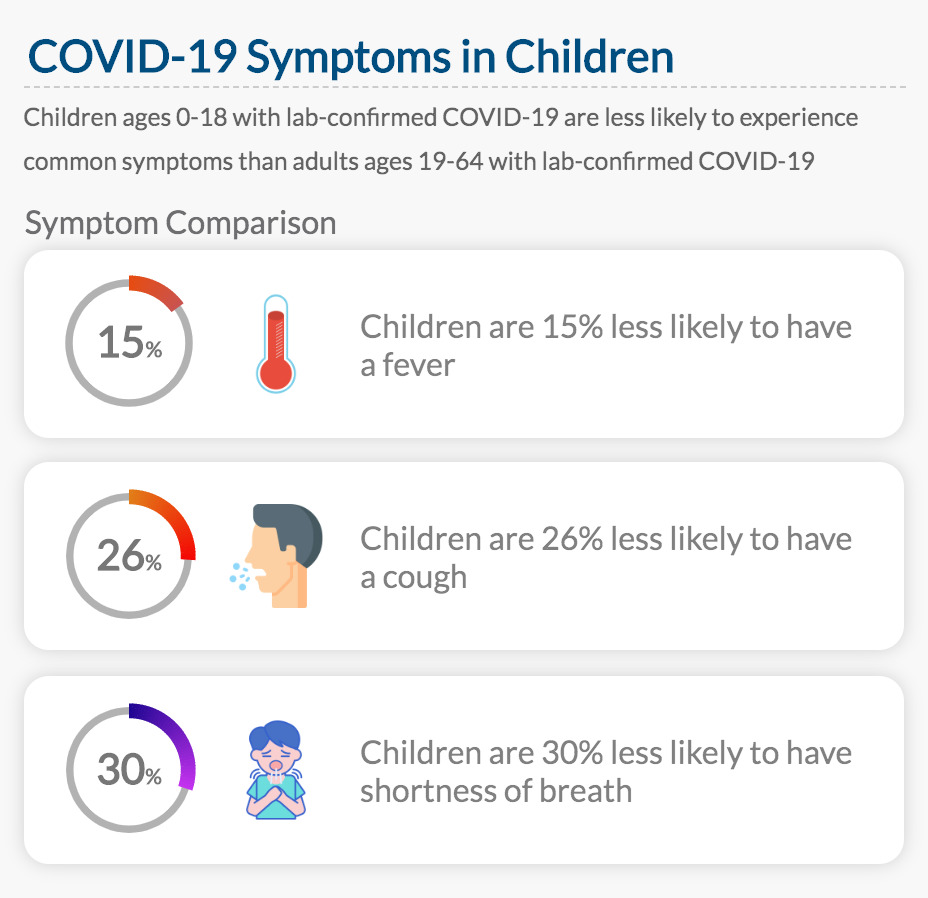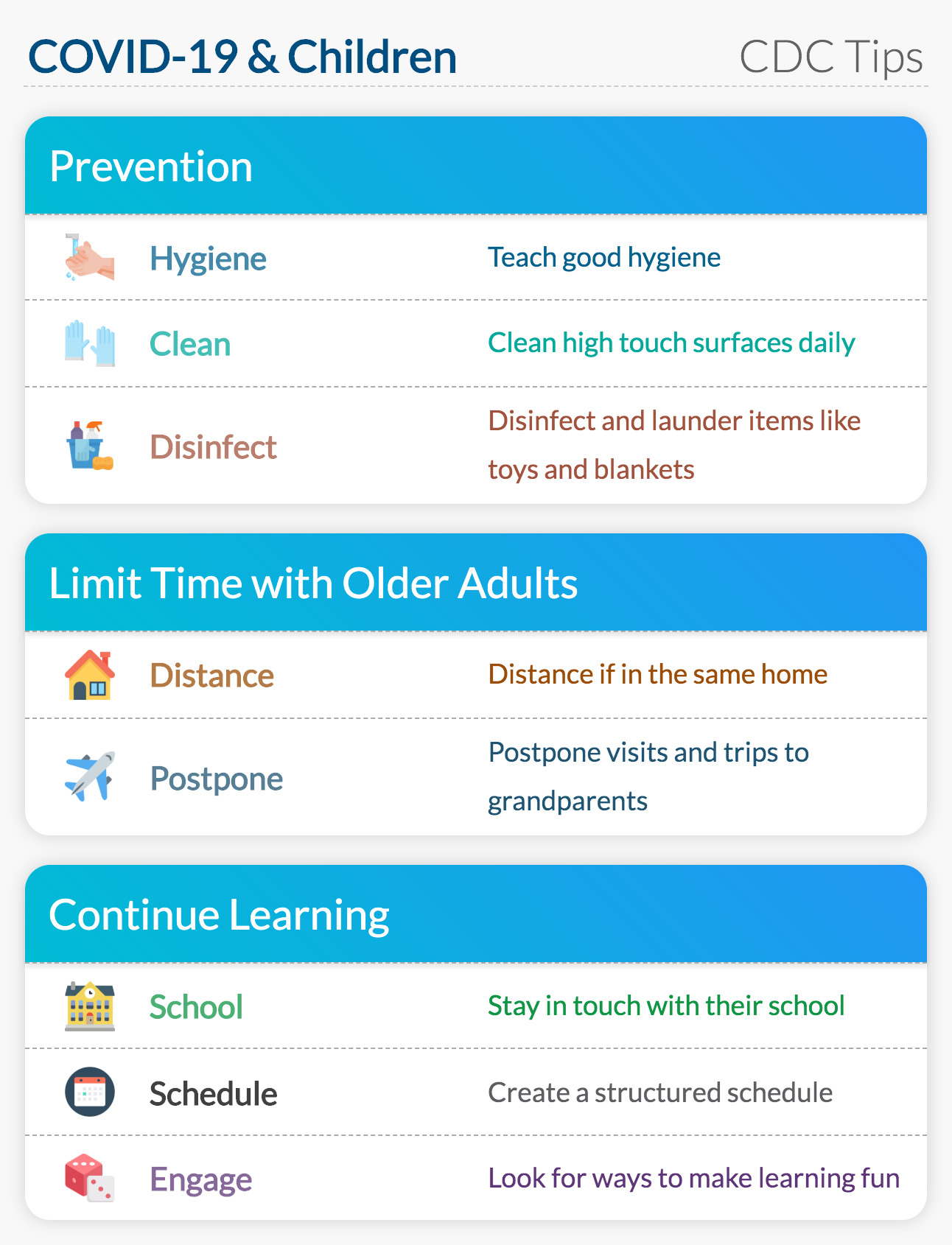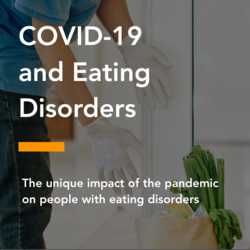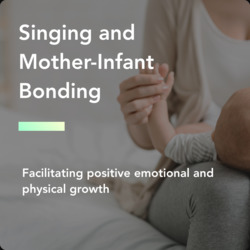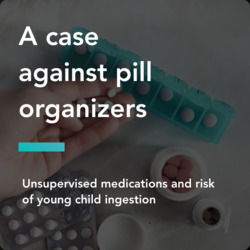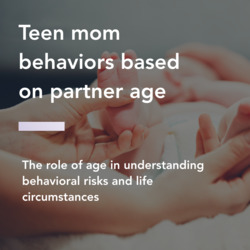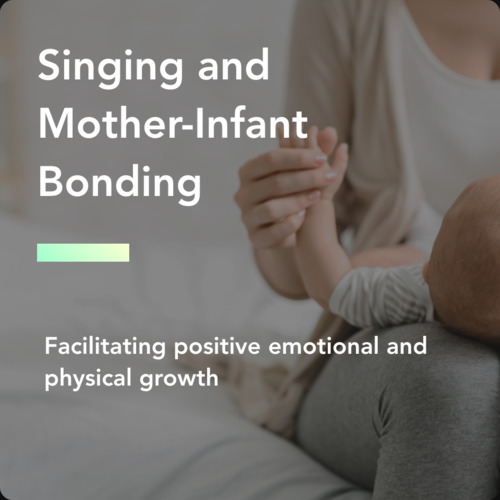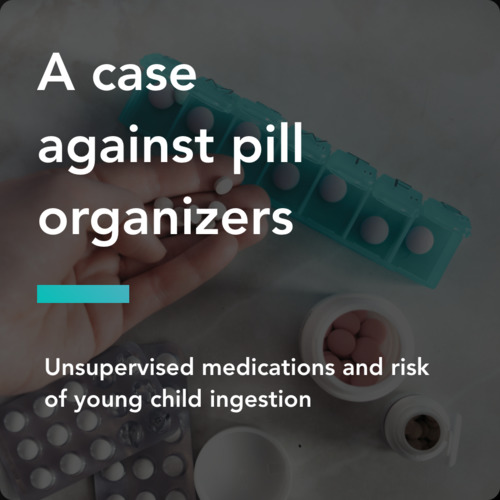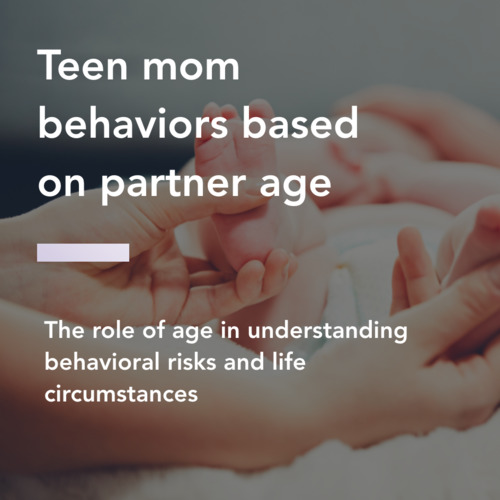Every year, schools gear up for the flu season. Children become increasingly absent from school, playdates get canceled, and the children spread the flu to their families.
Children are considered a high-risk population and are historically more affected by illnesses. Among a variety of factors, children and older adults have more vulnerable immune systems that limit their ability to defend from foreign bodies.
So is it safe to assume that children are high-risk when it comes to coronavirus? Recent data tells a different story.
What percent of children get Coronavirus?
A recent study of 44,672 people in China with a confirmed COVID-19 infection found that children under 19 years old made up less than 2% of cases and none of the 1023 deaths.
In Vo, Italy, only 2 out of 316 children under the age of 14 tested positive for coronavirus.
A broader Italian report showed that 0.5% of confirmed cases were in the 0–9 years age group and 0.7% of confirmed cases were in the 10–19 years age group with no child fatalities.
On April 2, the United States reported that 1.7% of their laboratory-confirmed cases were pediatric patients.
How likely are children to have coronavirus symptoms?
Thus far, countries are reporting surprisingly low numbers of pediatric cases. This compares to adults and older adults who make up the largest group of coronavirus cases and deaths.
Children with laboratory-confirmed coronavirus are also less likely to experience symptoms than adults.
In the recent United States dataset used above, pediatric patients reported lower rates of fever, cough, shortness of breath and other possible symptoms.
How to care for children
Scientists are still investigating why children are getting coronavirus less and experiencing fewer symptoms. These early reports lead to more questions: Are children less contagious? Are children less likely to have any symptoms at all? Are children the biggest contributor to untrackable spread?
We know that children can get and spread the coronavirus. Therefore, it is important for children to practice social distancing and other means of prevention- especially since they’re now stuck inside with you all day!
The CDC has outlined special instructions for parents and caretakers at home with children during the pandemic.
More detailed recommendations for caring for your child during this pandemic can be found on the CDC’s website.
These recommendations should be accompanied by practicing good hand hygiene, cleaning and disinfecting surfaces in the home, and following other protective measures from your doctor or the local health department.

